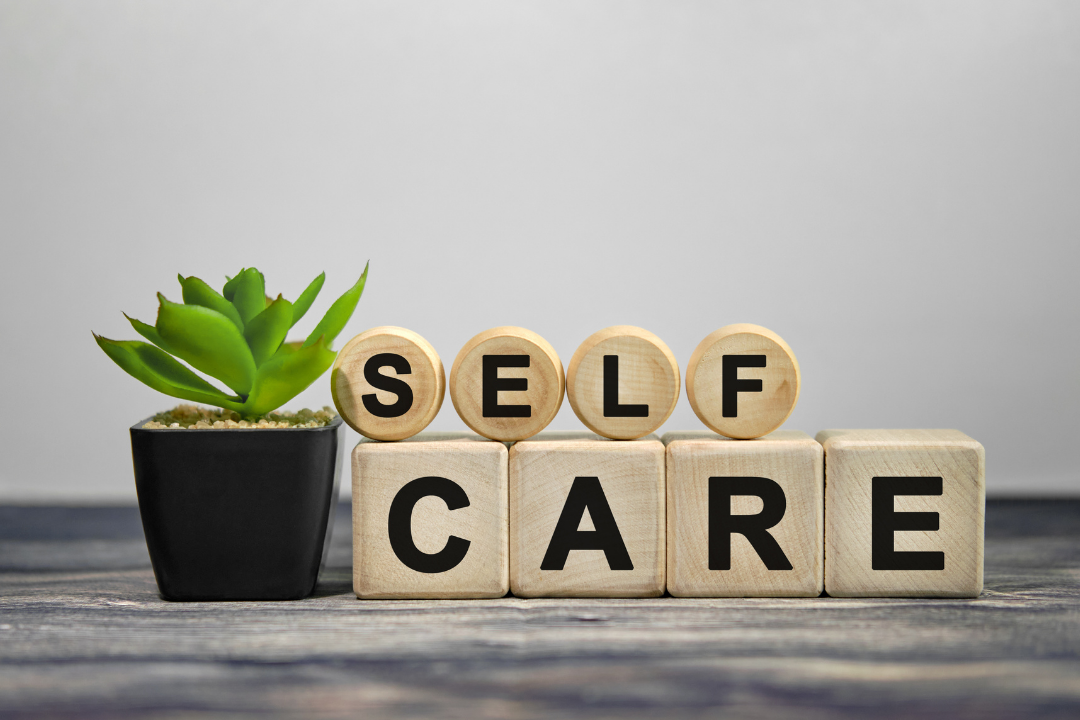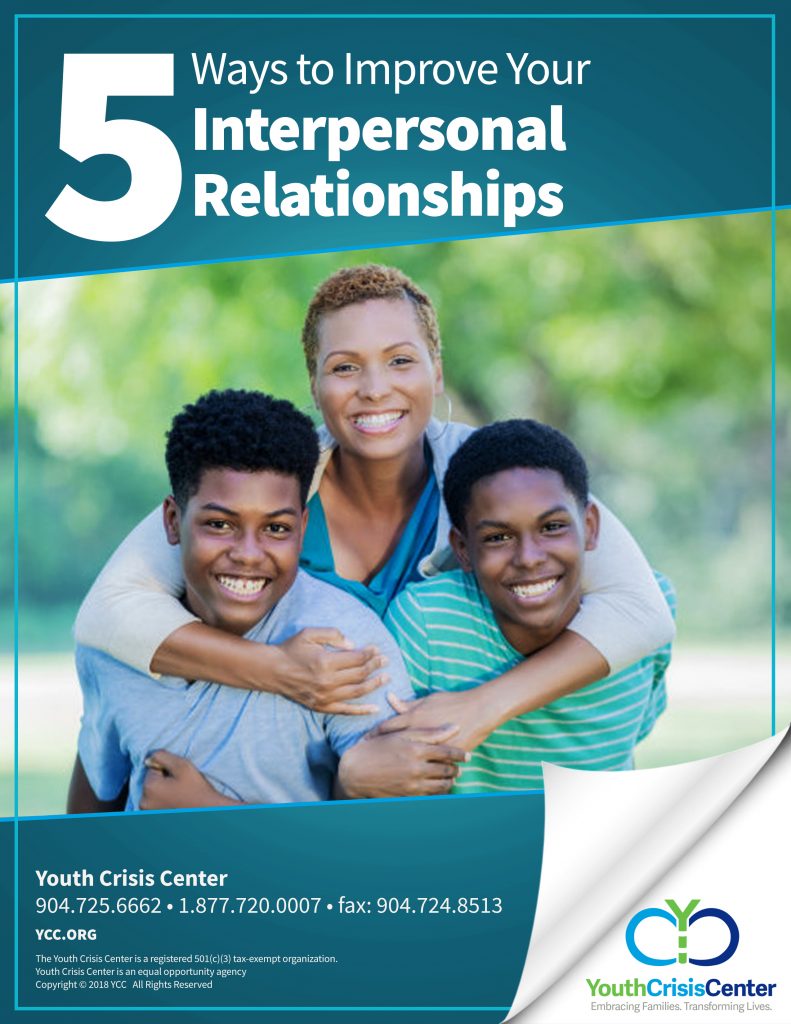You can’t pour from an empty cup is a phrase often said when giving advice. It can be hard to help someone when you are running on empty yourself. Therapists at the Youth Crisis Center believe you must practice self-care regularly to take care of yourself properly. They suggest there are four categories to focus on to take the appropriate steps to self-care.
Your work life
Therapists at the Youth Crisis Center say work/life balance is a must. Working is a big part of a lot of people’s life. For some, it can be their time away from home, their passion, or the job they need to do to provide for themselves and their family. It is essential, though, to leave work at work. Bringing work home when you do not need to can strain your mental health and home life. Staff should use their PTO, vacation, or sick days when necessary. You shouldn’t feel bad for taking some days off every now and then.
Taking care of your mind
While it may sound easy, it could be a lot harder than you may think for some. Taking care of your mind is a full-time job that you must do on a regular basis. Therapists say there are plenty of ways to take care of your mind. You can journal your thoughts or keep a gratitude journal. These activities can also help you be more present. Finding a positive outlet can also help you take care of your mind, such as exercise, art, music, or any other type of hobby. Therapists recommend finding an outlet to help keep negative feelings away by focusing on something positive. Talking to someone can also help with this. This can be a friend or a family member you trust and feel comfortable sharing details with or just having a conversation. You can also speak with a therapist or counselor if you feel necessary.
Taking care of your physical body
This may sound like another no-brainer, but it’s a big part of self-care. We only have one body and it is our job to take care of it for the rest of our lives. YCC recommends staying on top of a morning or night routine, which includes taking a shower or bath, washing your hair, making sure you’re eating your meals and taking your vitamins, as well as brushing your teeth. These could be things you already do multiple times a day, but therapists suggest you stick with this routine regardless of how you’re feeling to make sure you are meeting your basic needs.
Setting boundaries
Setting boundaries can mean a lot of different things to different people. It can mean only hanging out with a particular group of friends when you’re feeling a certain way or skipping over a family dinner for the sake of your mental health. Therapists at the Youth Crisis Center say guidelines should be viewed as guidelines, rules, or limits that a person can create to teach them acceptable and unacceptable behaviors. Click here to learn more about setting healthy boundaries.
While this list doesn’t include every single thing you need to do to practice self-care, it’s a good starting point if you’re unsure what to do. You may already do plenty of other things that work for you, while some items on this list may not. Self-care is different for everybody, but everybody should be mindful of it so they can take care of themselves.
Youth Crisis Center’s Outpatient Behavioral Health Program
The Youth Crisis Center was founded in 1974 as Florida’s first run-away program and has grown to be one of the largest and best-known services for youth and families. Nationally recognized as setting a standard in youth services, YCC has been ranked as one of the top five programs in the United States by the Youth Policy Institute in Washington D.C. Throughout the past 46 years, YCC has helped thousands of youth and their families overcome adversity and build stronger relationships.
One of the several programs YCC offers is Outpatient Behavioral Health. This program provides comprehensive mental health and psychiatric care to kids as young as three and their families. Parents may also receive individual and family counseling regardless if their child is a client at YCC.


